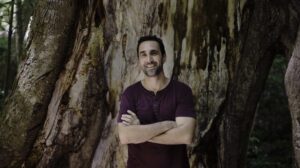
Masaya Co — Sustainable Furniture from Seed to Seat
MasayaCo is a sustainable furniture company on a mission to combat climate change through reforestation & sustainable design.
MOOD OF LIVING July 20, 2016
Owner of Avignonesi Winery since 2009, Virginie Saverys is a steward of the land– aiming to preserve and protect Tuscany’s natural beauty for future generations to come, becoming a leader in biodynamic viticulture. Born and raised in Ghent, Belgium, Saverys moved to San Giovanni d’Asso, Tuscany in 2006 after quitting her job as a lawyer. In 2007 she was approached at a housewarming party by a shareholder of Avignonesi, one of southern Tuscany’s oldest wineries. He offered her an investment opportunity, and, looking for an excuse to plant herself in her new environment, Saverys accepted– it did not take long for her to transition into a life of wine. Saverys began splitting her time between her home in Antwerp and her Tuscan Winery, enabling her to remain close to her roots while exploring the world of wine.
By 2009, Saverys assumed full control of the dilapidated winery, converting it to biodynamic viticulture. As a firm believer in organics and homeopathic remedies, she has challenged wine traditionalists and critics to think about what characterizes a truly great glass of wine. Today, at the forefront of biodynamic wine production, Virginie Saverys has earned Avignonesi’s well-deserved role as one of Tuscany’s flagship wine producers.
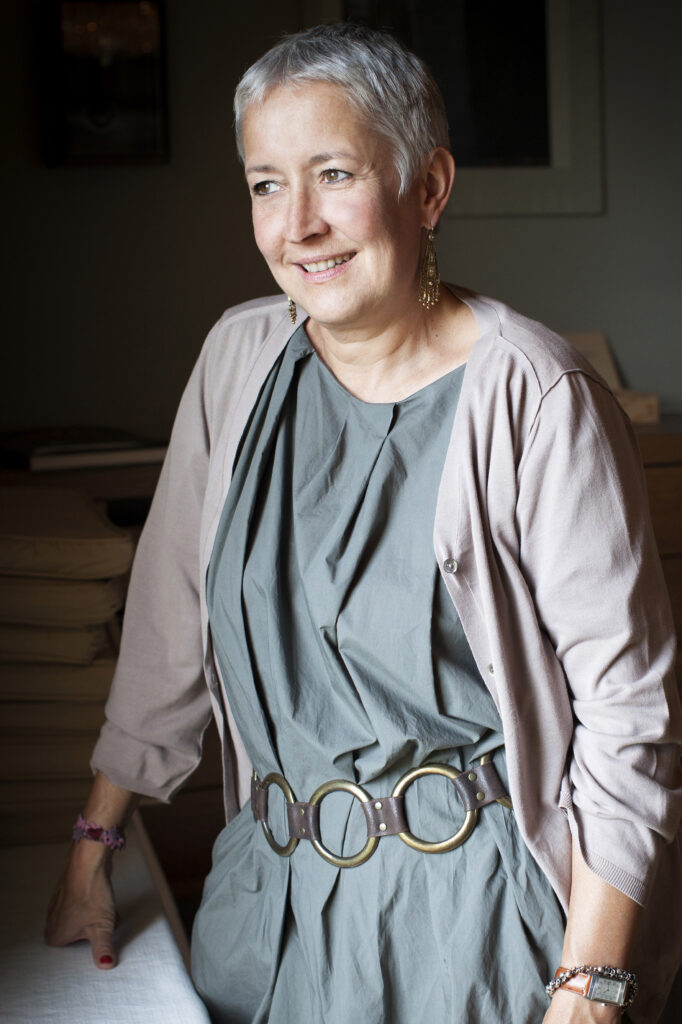
Mood of Living: What inspired you to make such a drastic occupational change?
Virginie Saverys: I had quit my job as a lawyer. It had been enough. I bought a ruin in Tuscany which I renovated. Once it was ready, one of the owners of Avignonesi asked If I wanted to invest in the winery. I thought it would give me a great excuse to come more often to my new house – without seeming to go on holiday all the time. A 30% investment became, in less than two years, a full takeover of the winery.
MoL: How is Avignonesi different from other wineries?
VS: Our main motivation to be organic and biodynamic is not the product: it is the respect of the land giving a healthy soil to future generations, the respect of the people who work in the vineyards, and ultimately the consumer drinking our wines.
MoL: What was your motivation behind converting Avignonesi from a conventional winery to a biodynamic winery?
VS: I could not imagine spraying all the pesticides and herbicides on my land. At home, I was already buying organic foodstuffs. Why would I myself, not do it?
A view of the vineyard.
MoL: What is biodynamic farming?
VS: Biodynamic farming was created by Rudolf Steiner, an Austrian philosopher at the base of anthroposophy [a philosophy founded by Steiner that seeks to optimize mental and physical health through natural means]. It is older (mid 1920s) than the organic farming we know now (late 1940s). In biodynamics, we see the farm and the universe as a whole. We try to enhance the force and immunity of the plant. We try to prevent disease by helping the plants rather than by treating them. Some of the principles are quite similar to homeopathy: the preparations are diluted, dynamized and given in very small doses to the soil or the vineyards. We also follow in as much as possible a solar, lunar, and planetary calendar in our operations in the vineyards and cellar. The process is like producing another wine except that we do not add a bunch of stuff that conventional producers use, such as no added yeasts, no enzymes, no technological gimmicks, etc. We do use sulfites in a limited amount to protect the wine.
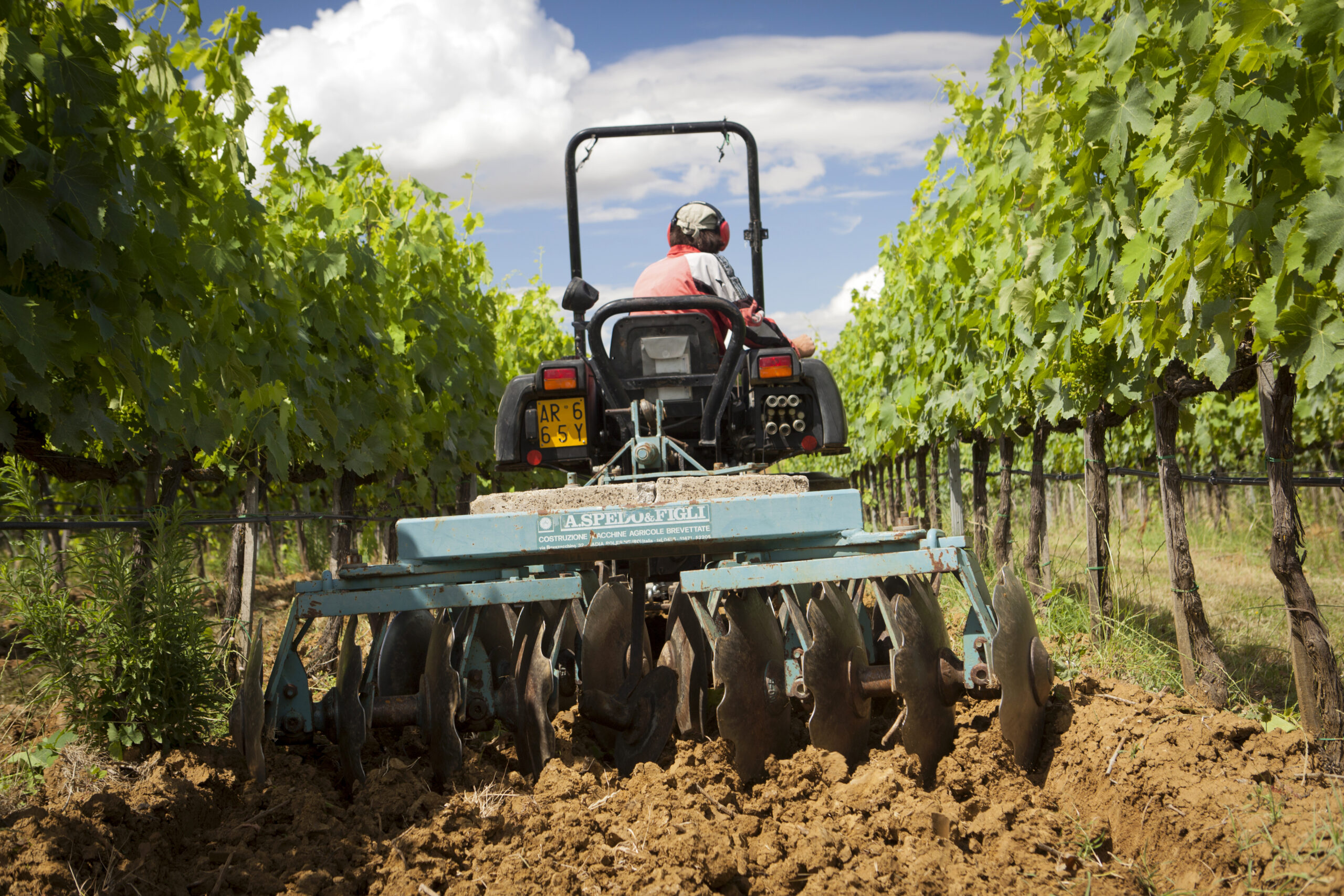
MoL: What kind of skepticism has Avignonesi been met with from those opposed to biodynamics? How are you proving them wrong?
VS: There are a lot of people saying it is a hoax and serves no sense. I just see the difference in my soil and in the health of my plants. To give you an example: the first year we practiced biodynamics on all of our vineyards, we had left 4-5 rows which did not get the main biodynamic preparations (500 and 501). At the end of the season, we asked our biodynamic consultant to find these rows. At that time we owned about 300 acres of vineyards. After a day of walking in all the vineyards he found them . . . In 2013, almost all of the Avignonesi wines on the market were made under my ownership and comments were good. Before, people in the market were doubting this very much. It was good to prove them wrong. The wines are now fruitier with greater complexity and no headaches the following day.
MoL: What is the process behind creating a high-quality product?
VS: You need to pay attention in every chain of the production process to reach perfection. It is the constant care at every stage by every staff member. This goes from the pruning of the vines through working the soil, to selecting the berries, crushing the grapes, topping up the barrels, bottling etc. Every different stage needs to be attended to with the same care. Making wine is a wonderful team effort where every step has its importance for the quality of the final product.
MoL: What is Avignonesi doing for the future of wine?
VS: We are doing quite a few experiments every year with new products. In organic and biodynamic farming, the main two products we use to avoid disease (of course in biodynamics preparation 500 and 501 are fundamental) are copper and sulphur. Sulphur is not so much of an issue for the soil. Copper is, because it is a heavy metal. We are experimenting with alternative products to copper.
MoL: Where do you find your inspiration?
VS: The inspiration is probably in the beauty of the Tuscan land. It is an eternal motivation to do better. I believe the men and women who have lived here over the centuries have felt this too. It is still so pristine. It is only in the 20th century that in some places mankind has started destroying it. Just looking out of my window now is already giving me the vitality and inspiration to work harder– to do better.
MoL: What does quality of life mean to you?
VS: It is in the little things: the quality of your bed and bed linen, the food you eat, the quality of the wine you drink, being surrounded by natural products (avoiding plastics and synthetic things). Most of the vegetables I eat nowadays (I do not eat meat) are from our vegetable garden. I bake my own sourdough bread. Imagine my breakfast this morning: a lemon juice (from a lemon tree a friend of mine grows), organic rooibos tea, an egg from our hens, which live in a huge coop, a sourdough bread I baked myself yesterday, and some organic fruit. Most of the products we use in our kitchen, we know where they come from.
MoL: We find that people who make beautiful things are more likely to lead an artistic lifestyle. Do you spend much time creating a beautiful home? Do you entertain? Do you cook?
VS: I think my homes are quite beautiful in my own style. We entertain but like to keep it to a limited company. We both love to cook. Max’s specialty is fish (which I eat rarely), mine is more vegetables in all their forms. Today I am trying out a new recipe of vegan vegetable lasagna. It smells lovely in our kitchen!
MoL: What kind of advice can you give to someone who wants to pursue his or her passion?
VS: Just do it. Persevere and don’t lose faith. The world belongs to those who dare.
Photography courtesy of Lene Buccelli

MasayaCo is a sustainable furniture company on a mission to combat climate change through reforestation & sustainable design.
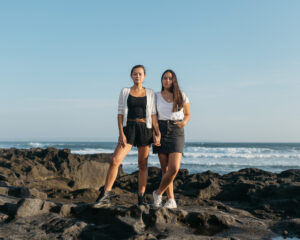
Founded in 2013 by Melati and her sister Isabel at 10 and 12 years old, their NGO encourages people to stop using plastic bags.
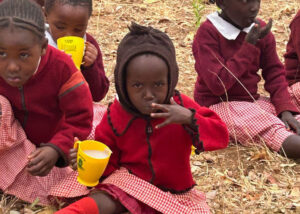
Leading the Foundation’s investments in Africa, transforming food systems for children that increase access to nutritious foods.